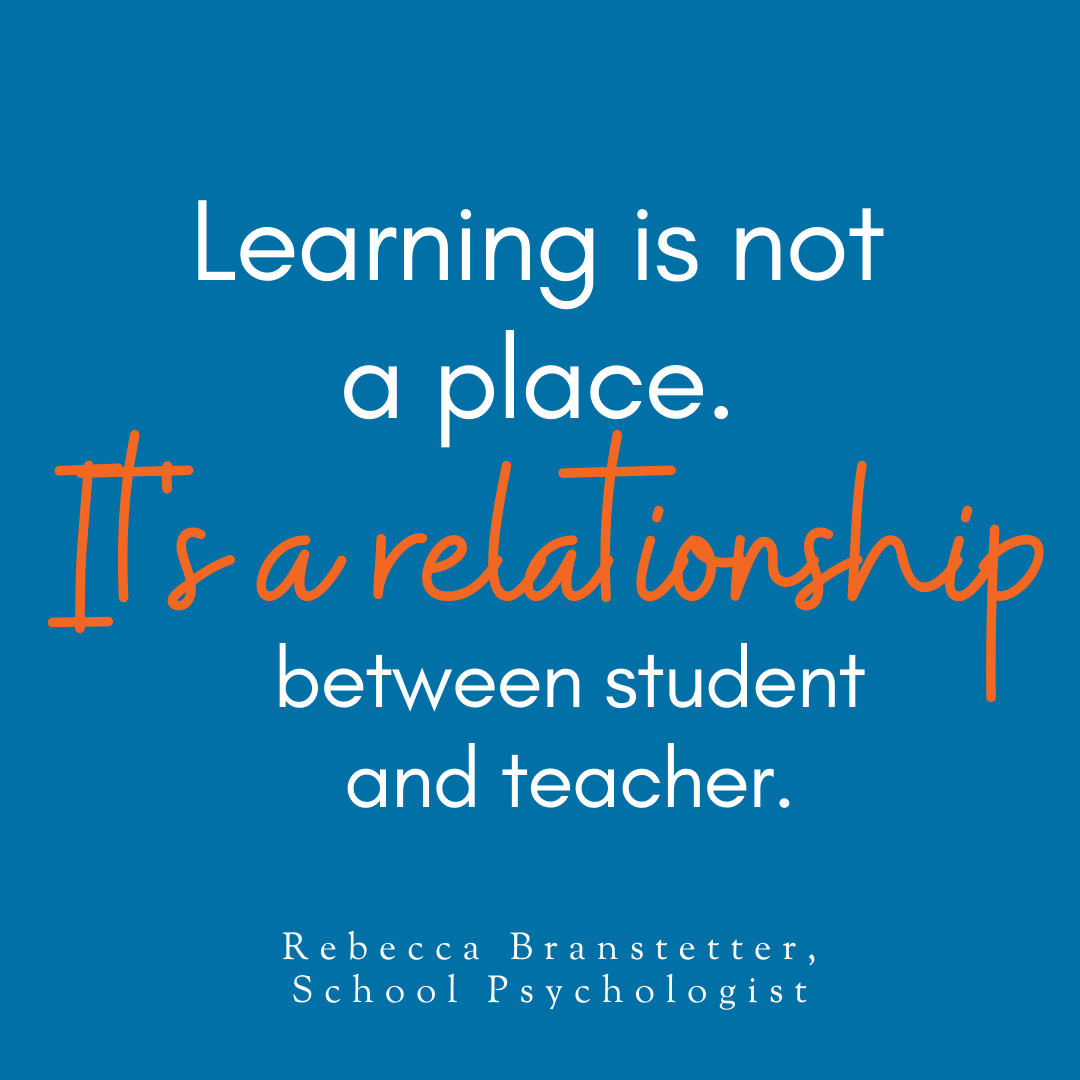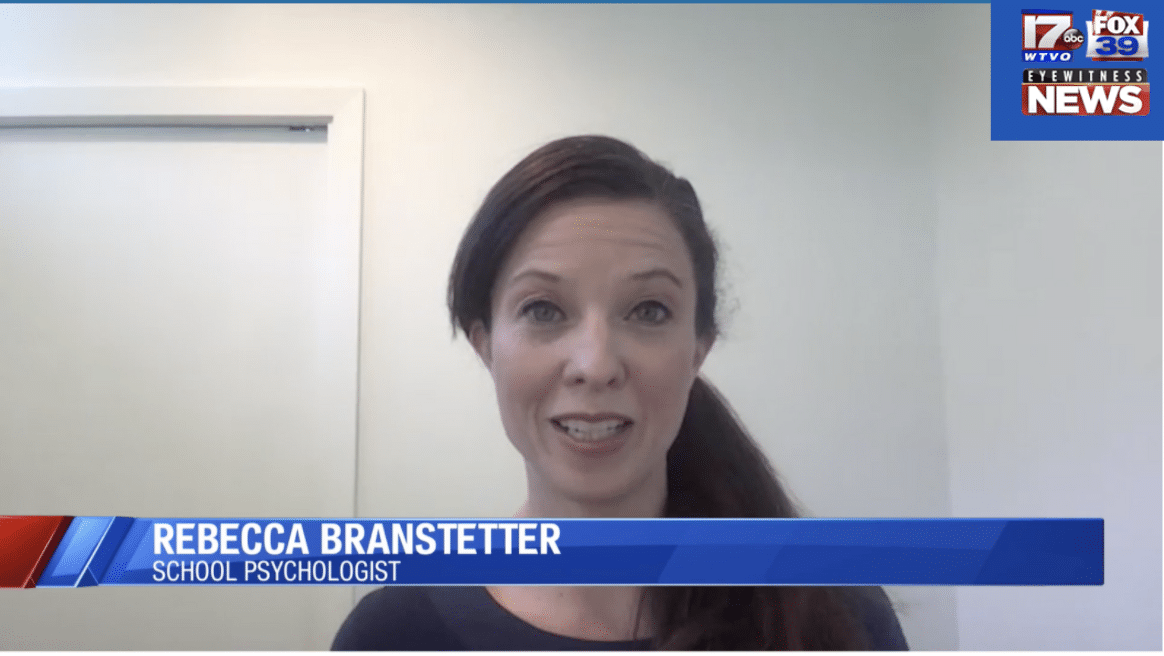
I’ve been navigating distance learning with my own children since March. And the struggle is REAL.
While I’m grateful they are safe at home and that we have the wonders of modern technology to continue their learning, it’s been an emotional rollercoaster for my kiddos (and me!).
As a new wave of lockdowns looming, return to distance learning is likely on the way for many of our schools. That’s why I’m going “on tour” with what I’ve learned, both as a mom and as school psychologist about strategies for combatting “Zoom fatigue” and disengagement on Zoom. There’s no perfect solution right now, but there are strategies that can help.
Here’s three curated resources for parents and educators to help children during distance learning:
1) Strategies for Minimizing “Zoom Fatigue” in Children
Zoom fatigue is real, y’all. Any adult who has had back to back meetings online knows this. For kids, it’s even more of a challenge because unlike adults, their executive functioning skills (especially those “stop and think” impulse control skills) are not fully developed. So sustaining focus on Zoom is even more challenging for children.
Here’s a 2-minute clip from WTVO news in Illinois where a local mom opens up about her challenges and I share a few examples of strategies to help.
2) How Parents Can Support Children during Distance Learning
This article was one I wrote for parents of children with special needs. Real talk? Many of our children have needs right now due to the added stress of the pandemic and the challenges of distance learning. While the challenge is amplified for students with learning, attention, and emotional disabilities, the strategies cross over for all children. This article highlights the three most common challenges I have been seeing for children during remote learning—and what parents can do when they see these challenges at home:
-
“My child cannot pay attention on Zoom”
-
“My child is having big feelings, meltdowns, or behavioral challenges”
-
“My child is disengaged or has given up on assignments”
Click here to read the article on how to support children during Distance Learning.
3) How Teachers Can Help Support Children During Distance Learning
Kids with disabilities are often shortchanged by pandemic classroom conditions. In this article I wrote, I provide three tips for educators to boost their engagement and connection.
These tips aren’t just for children with special needs though–all of our children can profit from these strategies during distance learning! Check out this article here.
The Hidden Opportunity During Distance Learning
These are challenging times, but we also have some real opportunity for growth.
We have an unprecedented opportunity to connect with our children at home, collaborate with our educators, and teach our kiddos coping skills.
Because when it comes down to it, learning is not a place. It’s a relationship between teacher and student. It’s a relationship between parent and child. Children thrive with learning when they feel connected.
Whether you and your children are learning ways to cope, or your child is learning ways to collaborate with their teacher, social-emotional learning is happening.
And at the end of all this, we might even get a chance to look back and be proud of ourselves, our children, and our educators for being resilient and learning life-long coping skills—together.

For parenting support during the pandemic, check out Rebecca’s “Peace of Mind Parenting” Course here.


